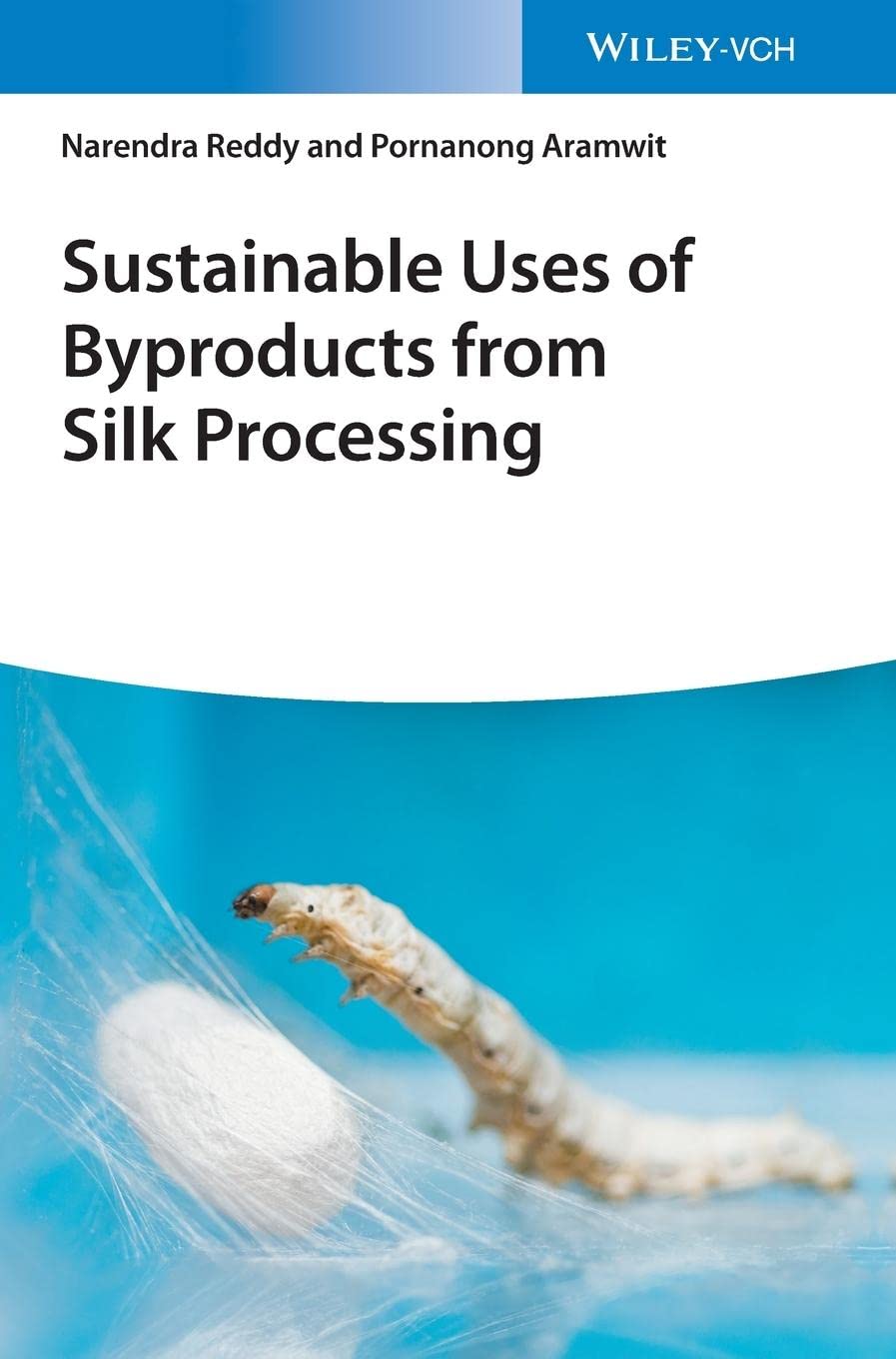

Most ebook files are in PDF format, so you can easily read them using various software such as Foxit Reader or directly on the Google Chrome browser.
Some ebook files are released by publishers in other formats such as .awz, .mobi, .epub, .fb2, etc. You may need to install specific software to read these formats on mobile/PC, such as Calibre.
Please read the tutorial at this link: https://ebookbell.com/faq
We offer FREE conversion to the popular formats you request; however, this may take some time. Therefore, right after payment, please email us, and we will try to provide the service as quickly as possible.
For some exceptional file formats or broken links (if any), please refrain from opening any disputes. Instead, email us first, and we will try to assist within a maximum of 6 hours.
EbookBell Team

0.0
0 reviewsExplore this authoritative guide to transforming the silk industry written by two experts in biopolymers and materials science
Sustainable Uses of Byproducts from Silk Processingdelivers a detailed treatment of the properties and potential applications of silk sources, by-products, and waste. The book describes the composition, structure, processability, and potential applications of all of the different kinds of silk by-products. Highly relevant to those working in mulberry cultivation, silkworm rearing, and silk processing, the distinguished authors offer information on how to transform silk by-products into new materials, energy, fuel, fibers, composites, food, cosmetics, and feed. Using a valorisation approach to the silk protein sericin and its by-products and taking an application-oriented view of materials sources and wastes in the silk industry. Implementation of these techniques promises to further industries as diverse as cancer treatment, pharmaceuticals, nutraceuticals, and environmental cleanup. Readers will also benefit from the inclusion of: Perfect for protein chemists, biotechnologists, cosmetics industry professionals, and materials scientists,Sustainable Uses of Byproducts from Silk Processingwill also earn a place in the libraries of polymer and cosmetic chemists who seek a one-stop reference for current and emerging sustainability practices in the silk industry.